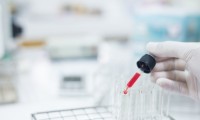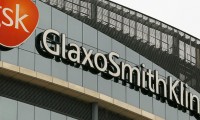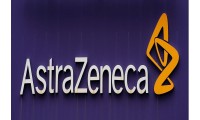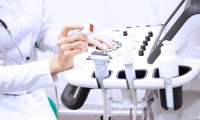-
Abbott supports Angle’s breast cancer liquid biopsy study
- Source: invitrodiagnostics.medicaldevices-business-review
- 629
- February 13, 2018
-
4 causes of failure for medical devices
- Source: multibriefs
- 564
- February 12, 2018
-
Stanford spin-out Zenflow raises $31M to join the megamarket for enlarged prostate
- Source: MedCityNews
- 724
- February 11, 2018
-
Another Day, Another Breakthrough Tag for GlaxoSmithKline’s Bexsero
- Source: biospace
- 585
- February 9, 2018
-
U.S. Food and Drug Administration Approves Gilead’s Biktarvy®
- Source: Finchannel
- 787
- February 9, 2018
-
Pfizer vs J&J– Researchers are duking it out for the championship title in nonmetastatic prostate cancer
- Source: Endpts
- 457
- February 7, 2018
-
Why AstraZeneca’s New Drug Strategy Seems to be Bearing Fruit
- Source: china-pharmacy
- 489
- February 7, 2018
-
Drug Safety Communication – Boxed Warning Added To Highlight Correct Dosing
- Source: fda
- 568
- February 6, 2018
-
Insightec closes $150m Series E
- Source: drugdu
- 517
- February 6, 2018
your submission has already been received.
OK
Subscribe
Please enter a valid Email address!
Submit
The most relevant industry news & insight will be sent to you every two weeks.













